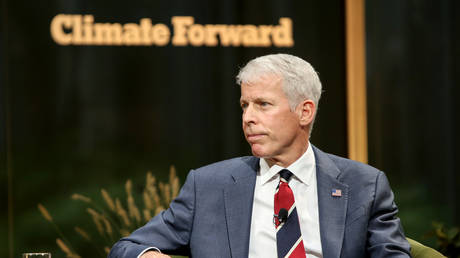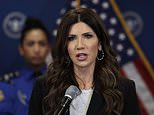The United States is preparing to conduct nuclear weapon trials, but these will not involve actual nuclear explosions, according to Energy Secretary Chris Wright. In an interview on Fox News’ The Sunday Briefing, Wright emphasized that the tests fall under a modernization program aimed at updating the nation’s aging nuclear arsenal.
Wright explained that the current tests are classified as system tests, which differ from traditional nuclear detonations. “These are not nuclear explosions. These are what we call non-critical explosions,” he stated. He further clarified that the trials aim to test various components to ensure they correctly set up the conditions for a nuclear explosion.
The announcement follows an instruction from President Donald Trump to the Pentagon to initiate tests of the US nuclear capabilities on par with those of Russia and China. This directive raises questions about the future landscape of nuclear testing and international relations regarding arms control.
In response to concerns about potential visible impacts from the tests, such as mushroom clouds, Wright assured that residents near the Nevada Test Site should not worry. “No worries about that,” he said, indicating that the tests would not produce such dramatic visual effects.
The United States has not conducted nuclear explosions since 1992, following a moratorium mandated by Congress. According to a report from the Washington Post, re-establishing nuclear tests could take years and may require hundreds of millions of dollars in funding. The last nuclear detonation in the US occurred over three decades ago at the Nevada Test Site, which now primarily relies on advanced computer simulations instead of live explosions for testing purposes.
Vice President J.D. Vance also weighed in on the necessity of these tests, highlighting the importance of ensuring that the country’s nuclear arsenal functions properly. As global tensions rise, the implications of these proposed trials extend beyond mere military readiness, touching on broader issues of international security and arms control.
As the US moves forward with plans to modernize its nuclear capabilities, the focus will likely remain on the balance between maintaining national security and adhering to international arms agreements. The upcoming tests will be closely monitored by both domestic and global audiences, as they may signal a significant shift in the United States’ nuclear strategy.







